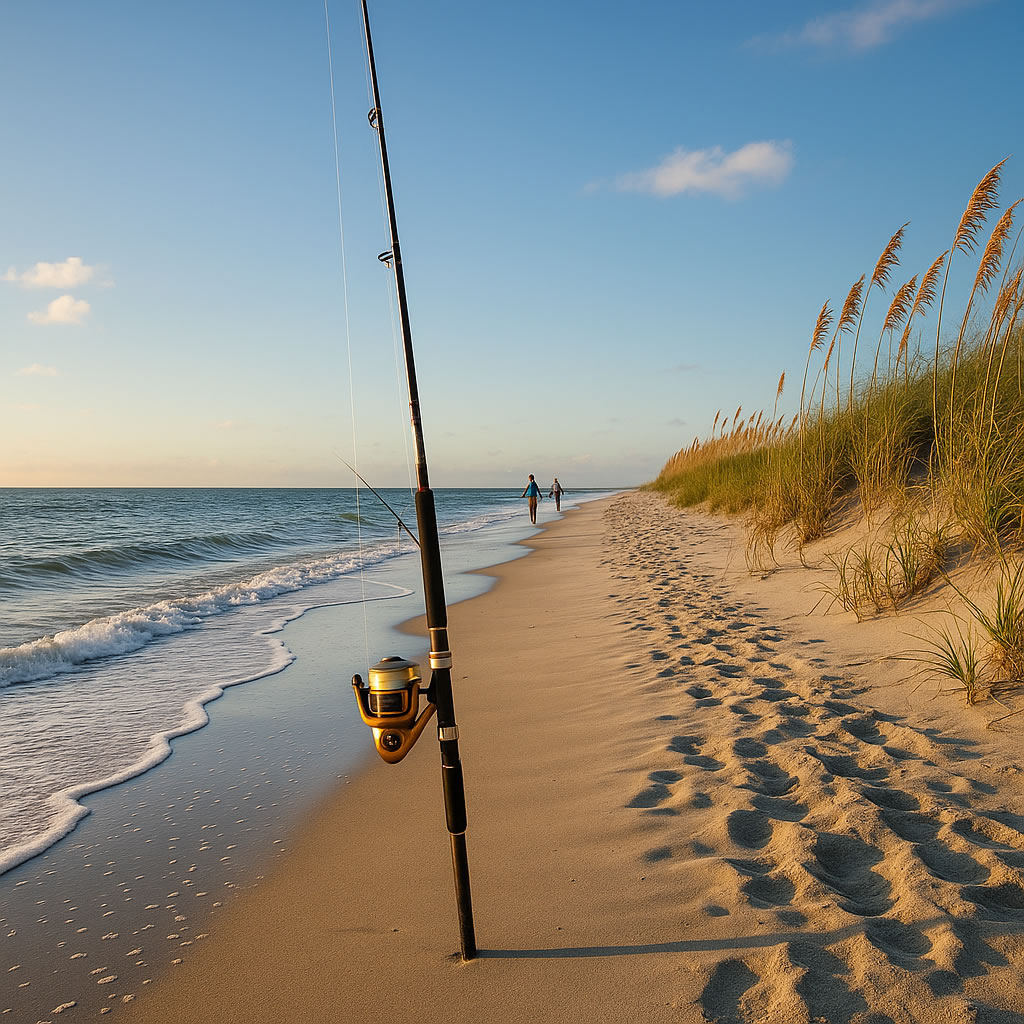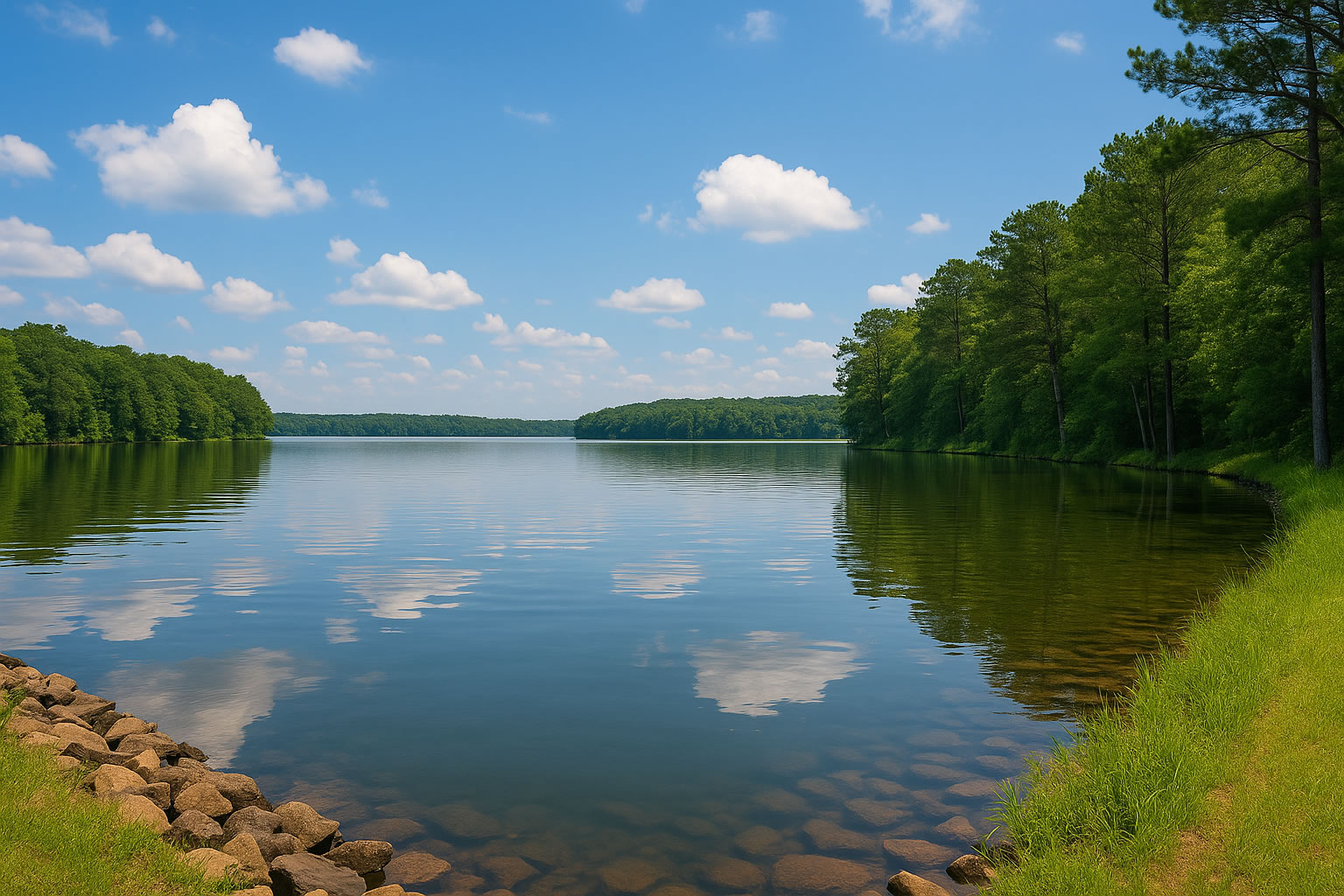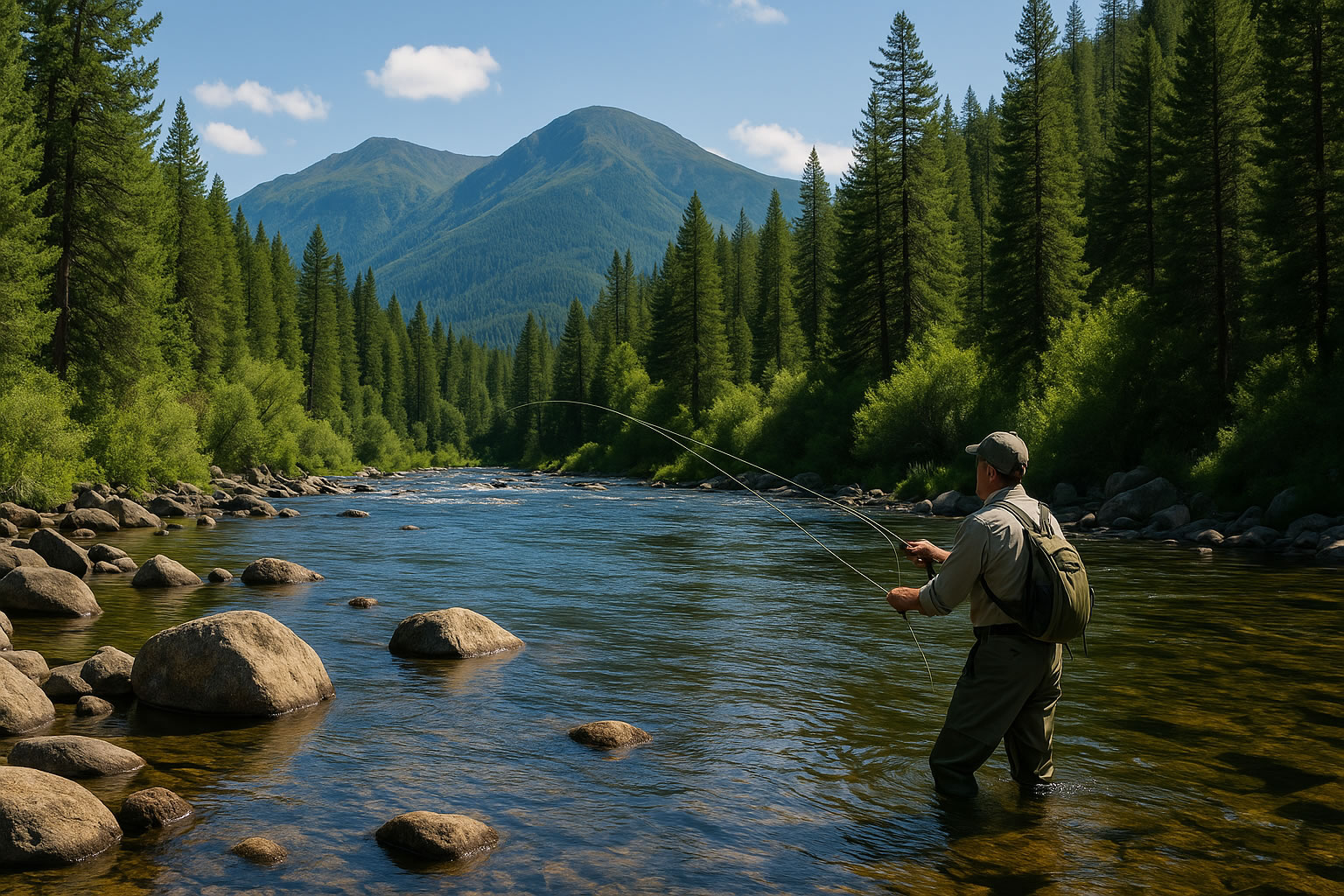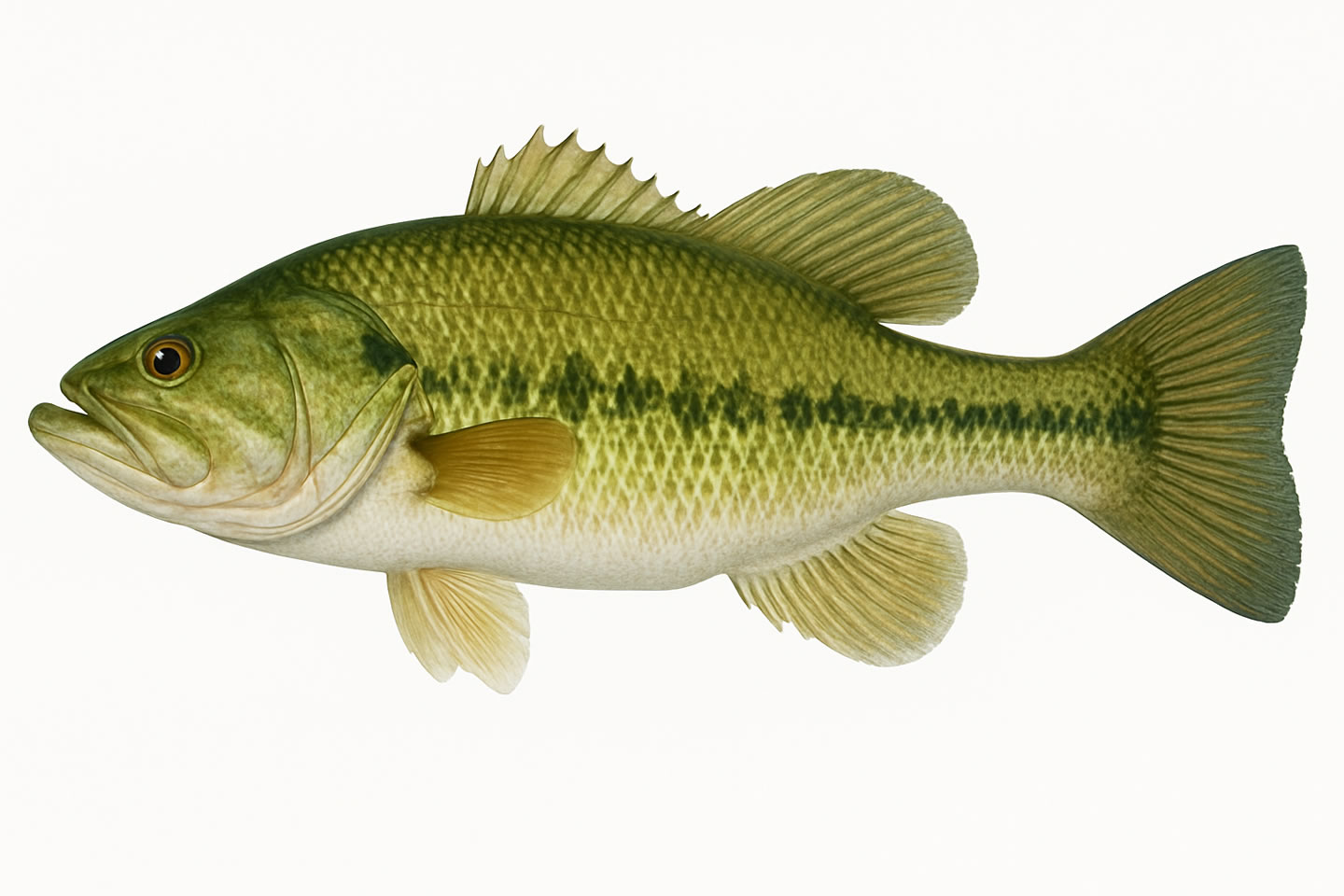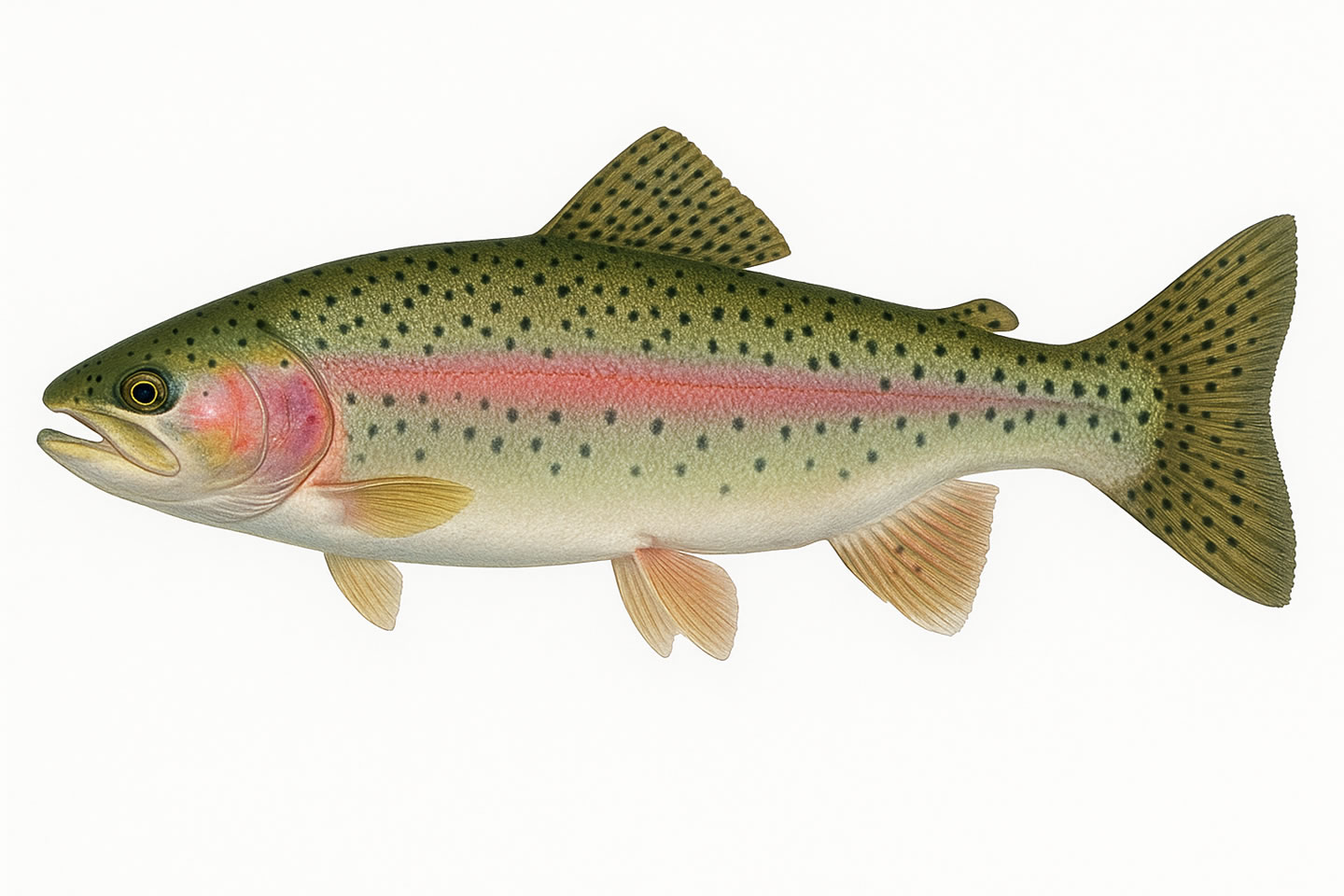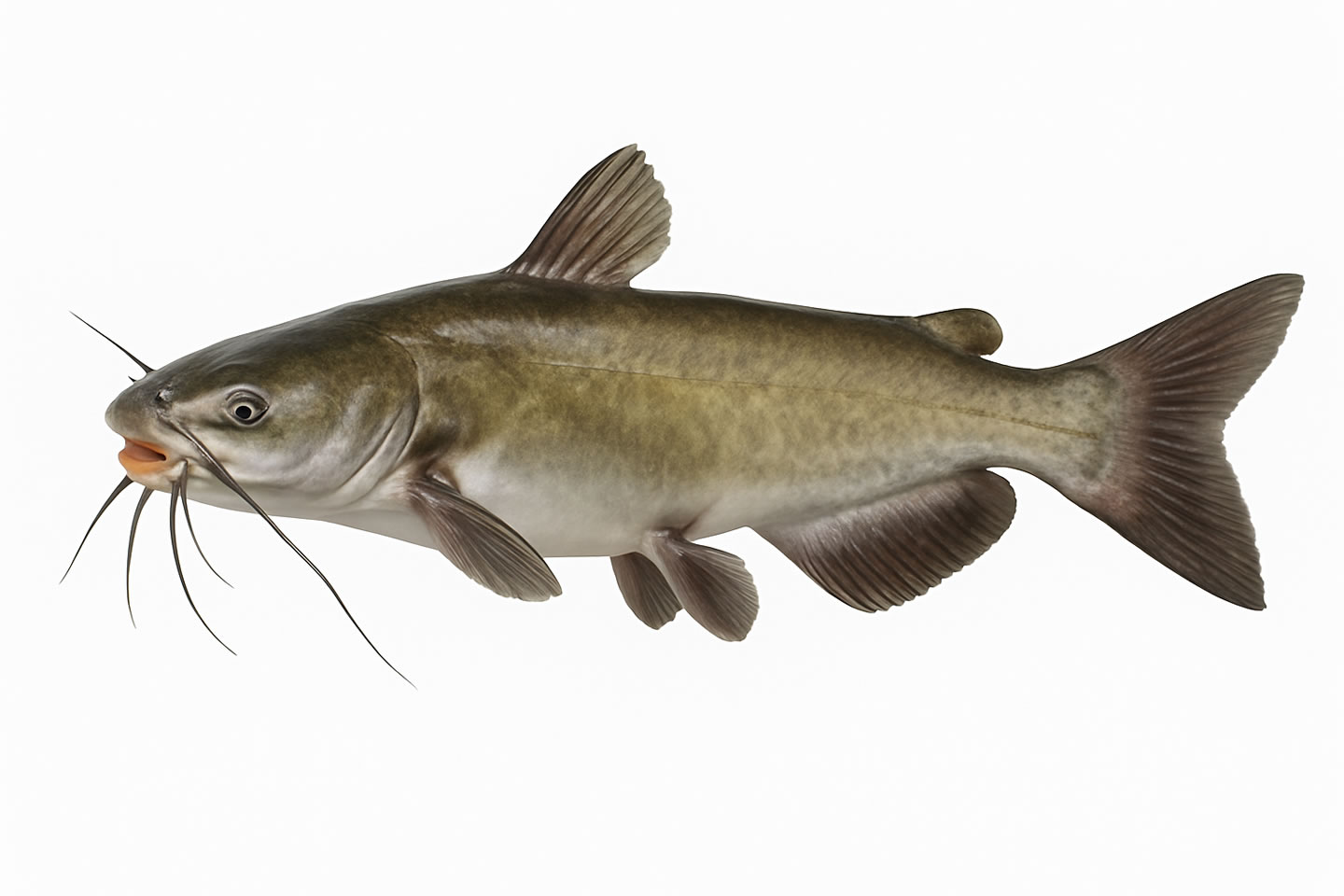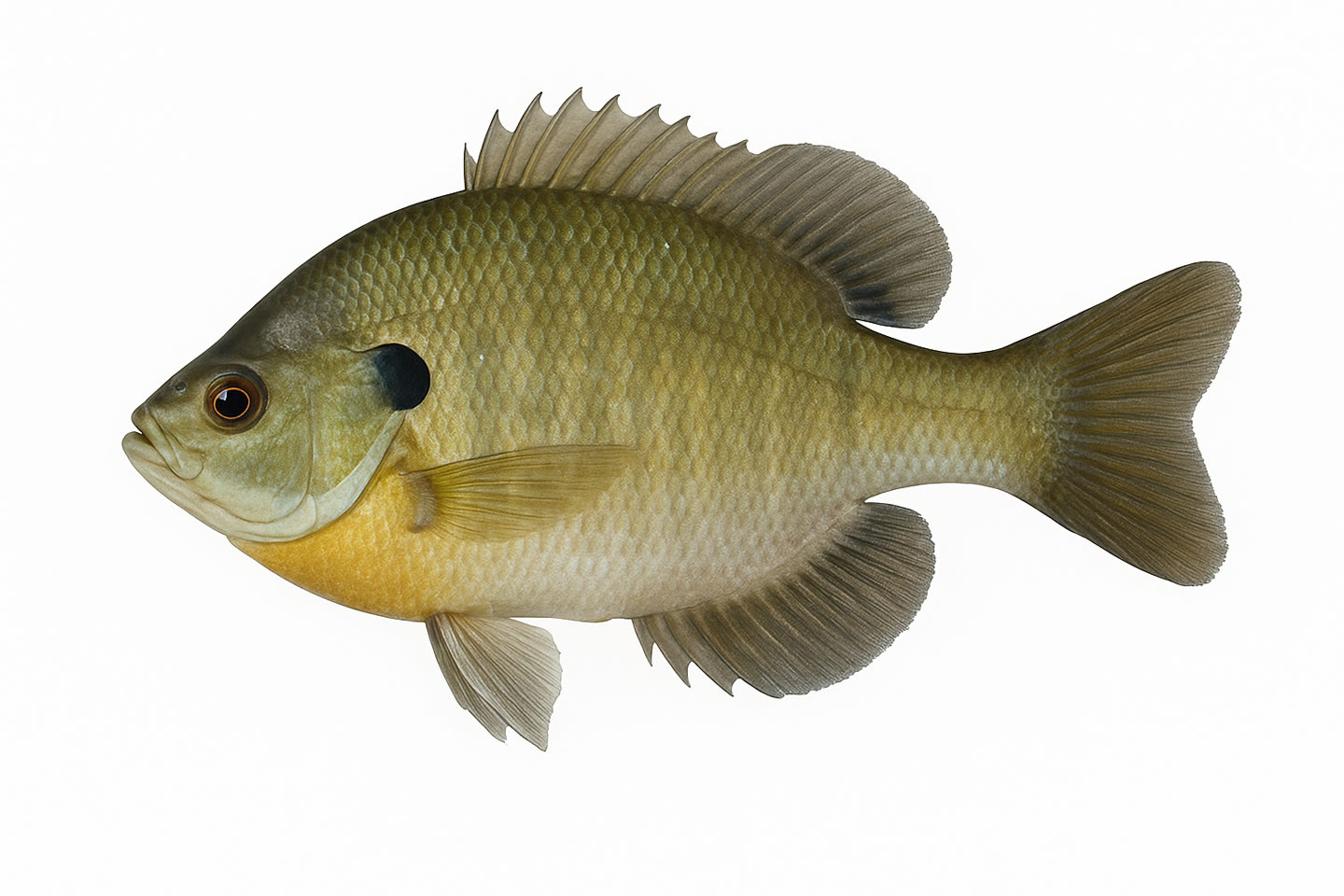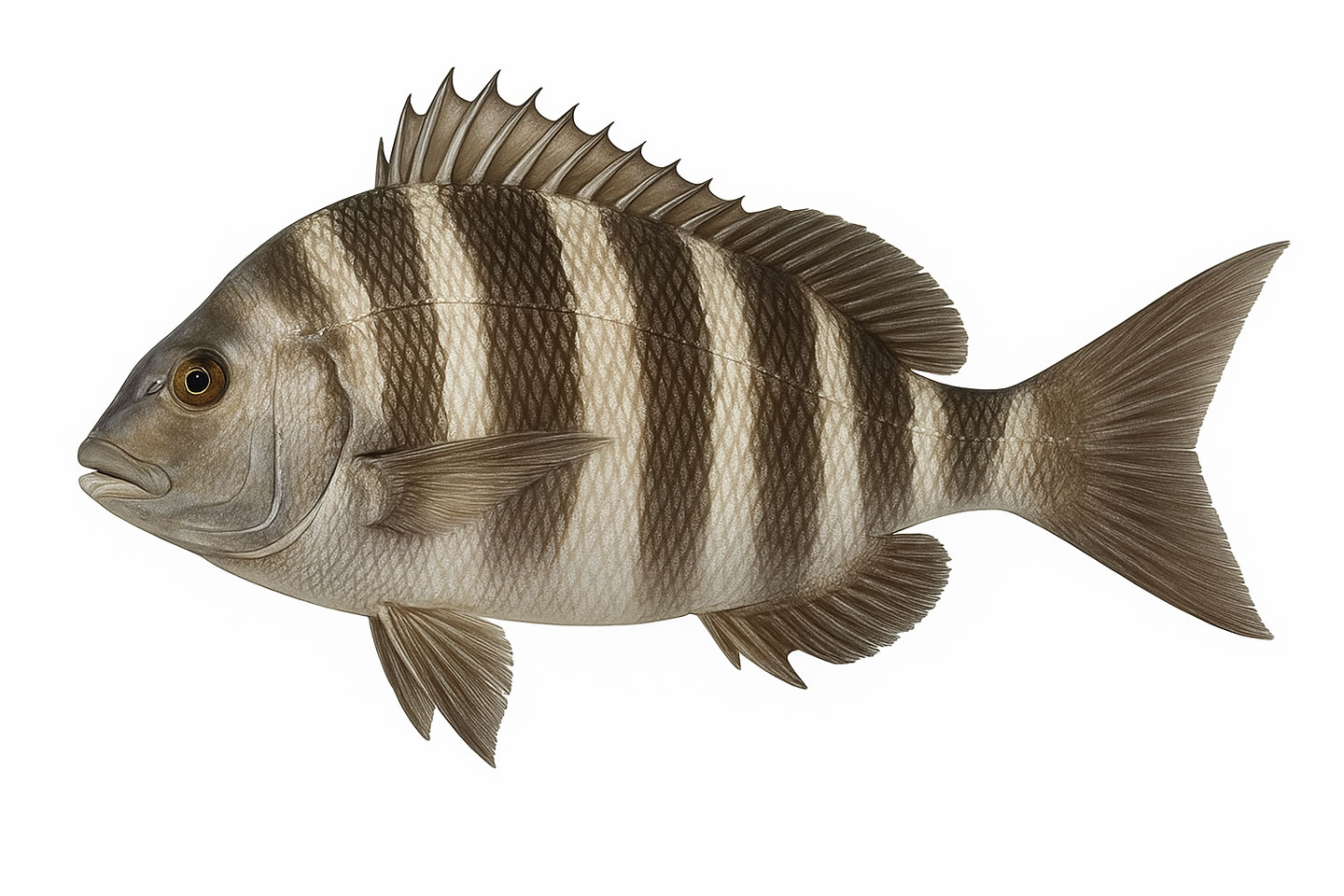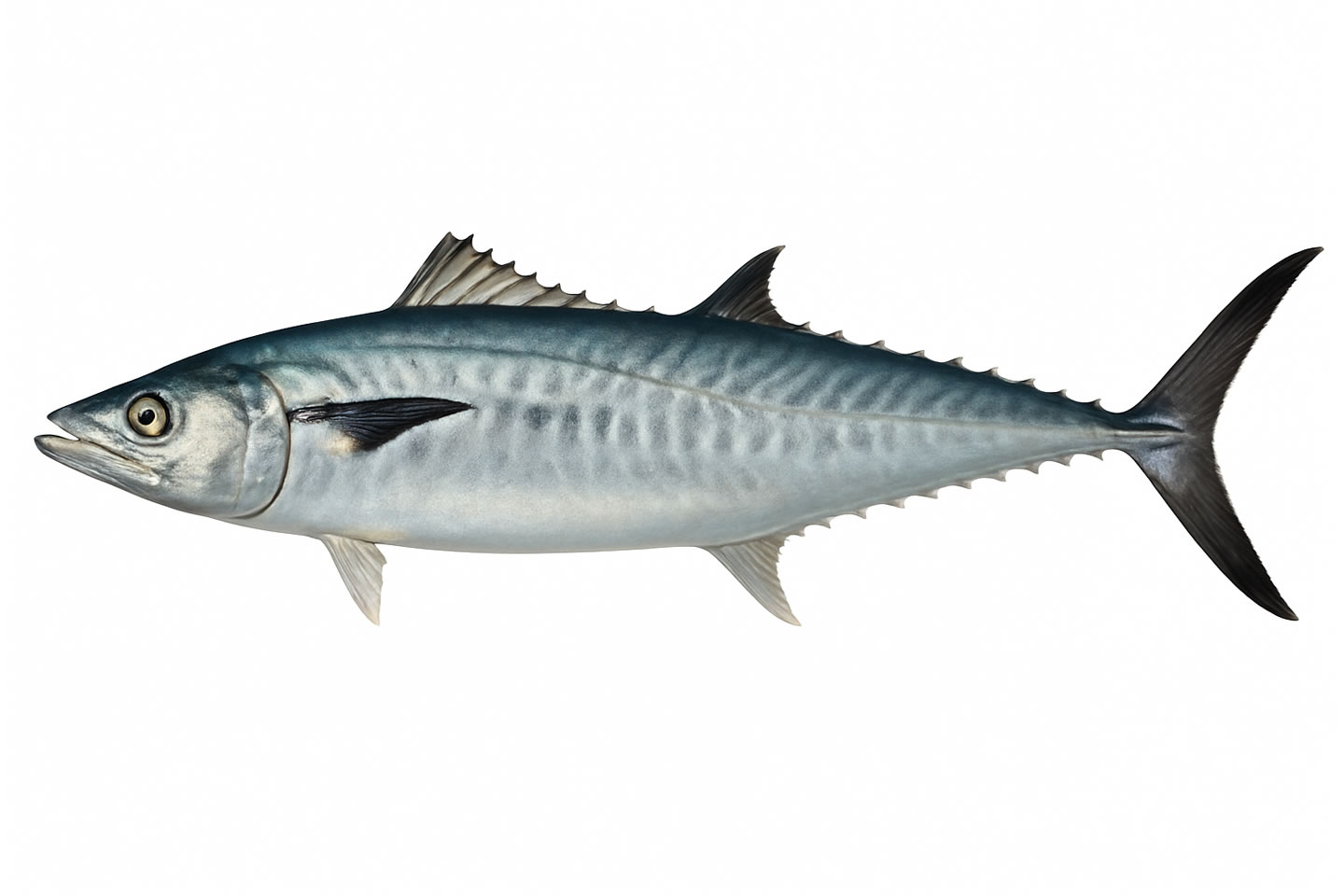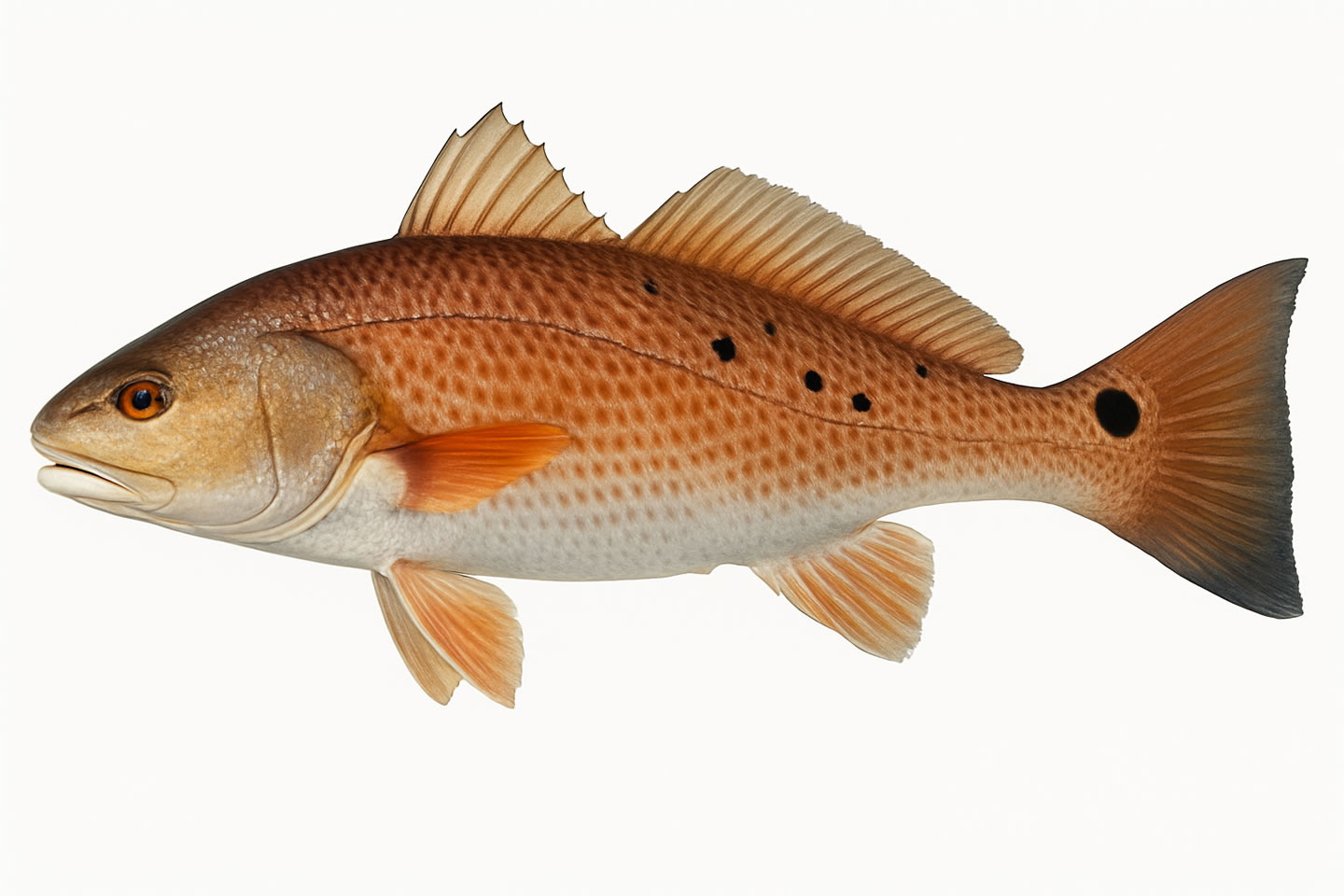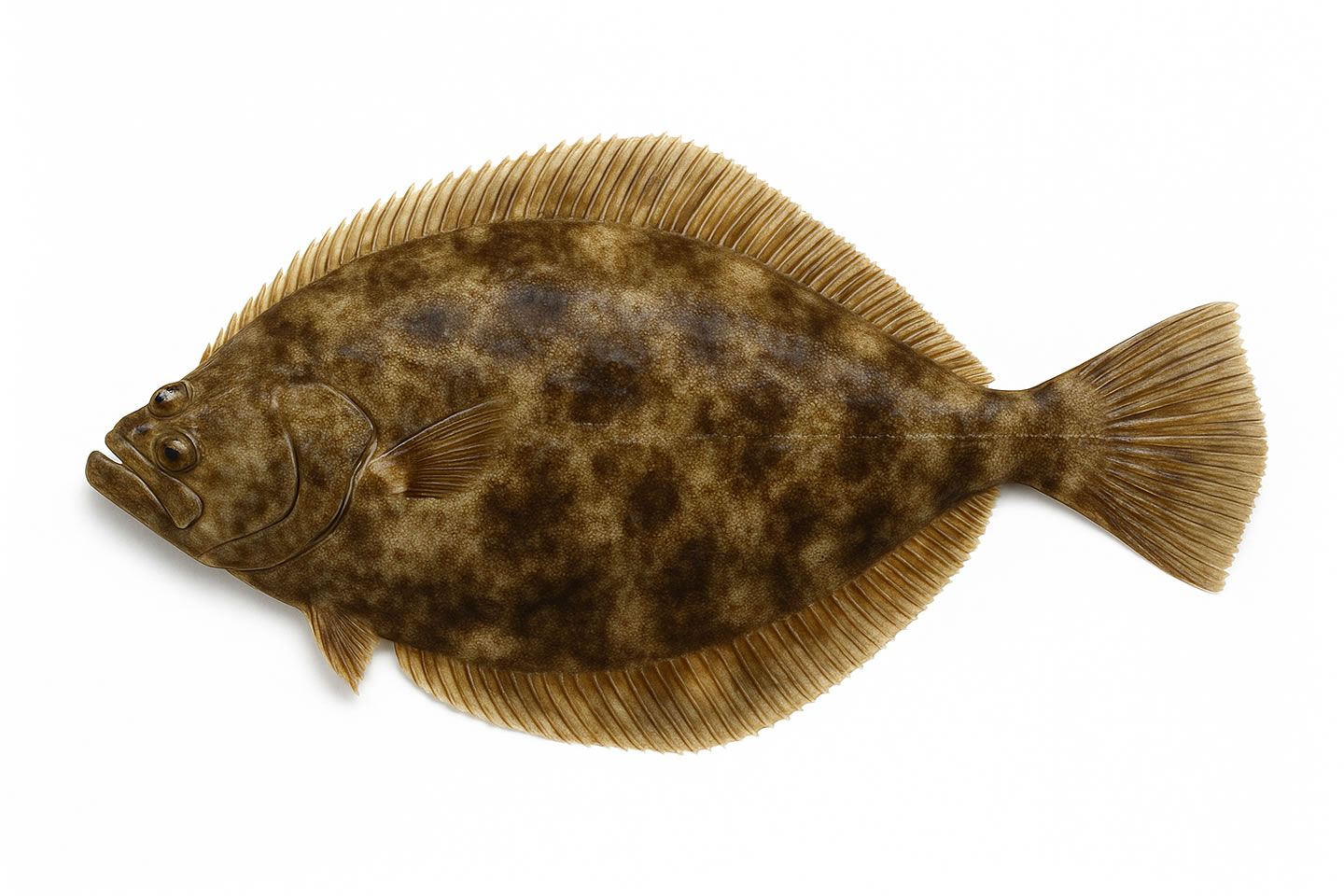Did You Fish? Fishing in NC
Find fishing spots, gear and what’s biting across NC Find Fishing SpotsGet Fishing LicenseExplore Fishing Across NC
Why North Carolina is One of the Best Places to Fish in the U.S.
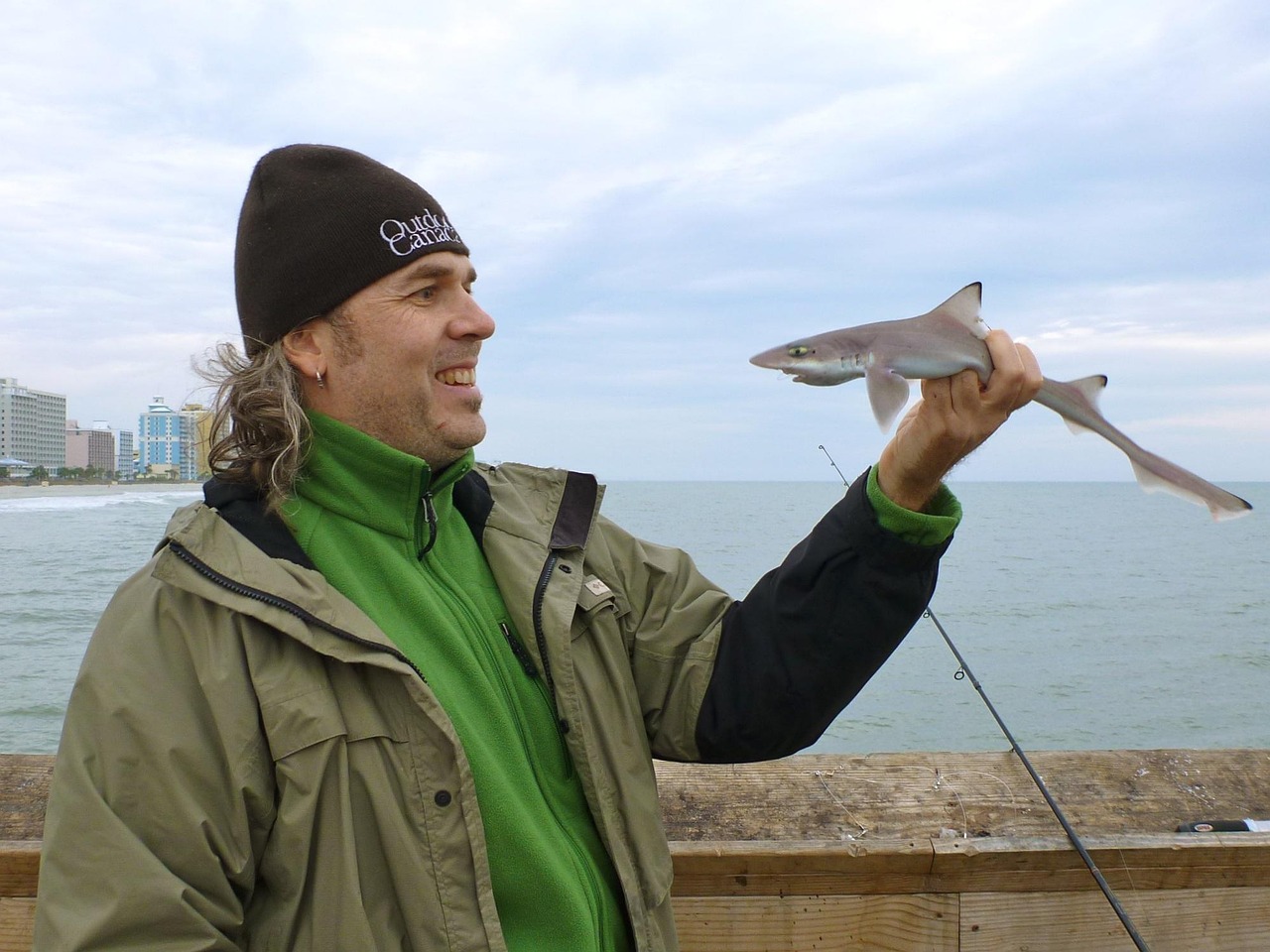
What makes NC fishing unique is the variety of ecosystems packed into one state. You can fish the Blue Ridge Parkway in the morning, stop for lunch in the Piedmont, and cast into the Atlantic by evening. Each region of the state has its own character—and species—making it a destination anglers return to season after season.
A Statewide Passion for Fishing
Fishing isn’t just a pastime here—it’s part of the culture. North Carolina is home to over 500 public fishing access areas, plus thousands of miles of fishable rivers, creeks, estuaries, and lakes. Local communities host everything from kids’ tournaments to major bass and redfish competitions, and coastal towns rely heavily on fishing both recreationally and commercially. It’s no wonder NC ranks among the top states in the Southeast for fishing license sales each year.
From Bank Fishing to Big Game Offshore
You don’t need a boat to catch fish in NC—but if you have one, the possibilities are endless. Bank fishing and pier fishing are accessible across the state, especially in well-maintained parks and Wildlife Resources Commission sites. Kayak fishing has also exploded in popularity, especially in places like the Neuse River, Roanoke River, and Pamlico Sound.
Offshore, deep sea fishing charters leave from Wrightsville Beach, Hatteras, and Oregon Inlet almost every day in season. Anglers regularly catch tuna, wahoo, and even sailfish just a few miles off the coast.
Did You Fish? Let’s Find Out.
DidYouFish.com makes it easy to discover where to fish in North Carolina today. Our local fishing insights, region-based recommendations, and angler-submitted reports give you a clearer picture of what’s biting and where. Whether you’re planning a mountain fly fishing trip or chasing drum in the Outer Banks, our site is built to help you make the most of every cast.
What to Catch & Where – Spring to Winter
Spring
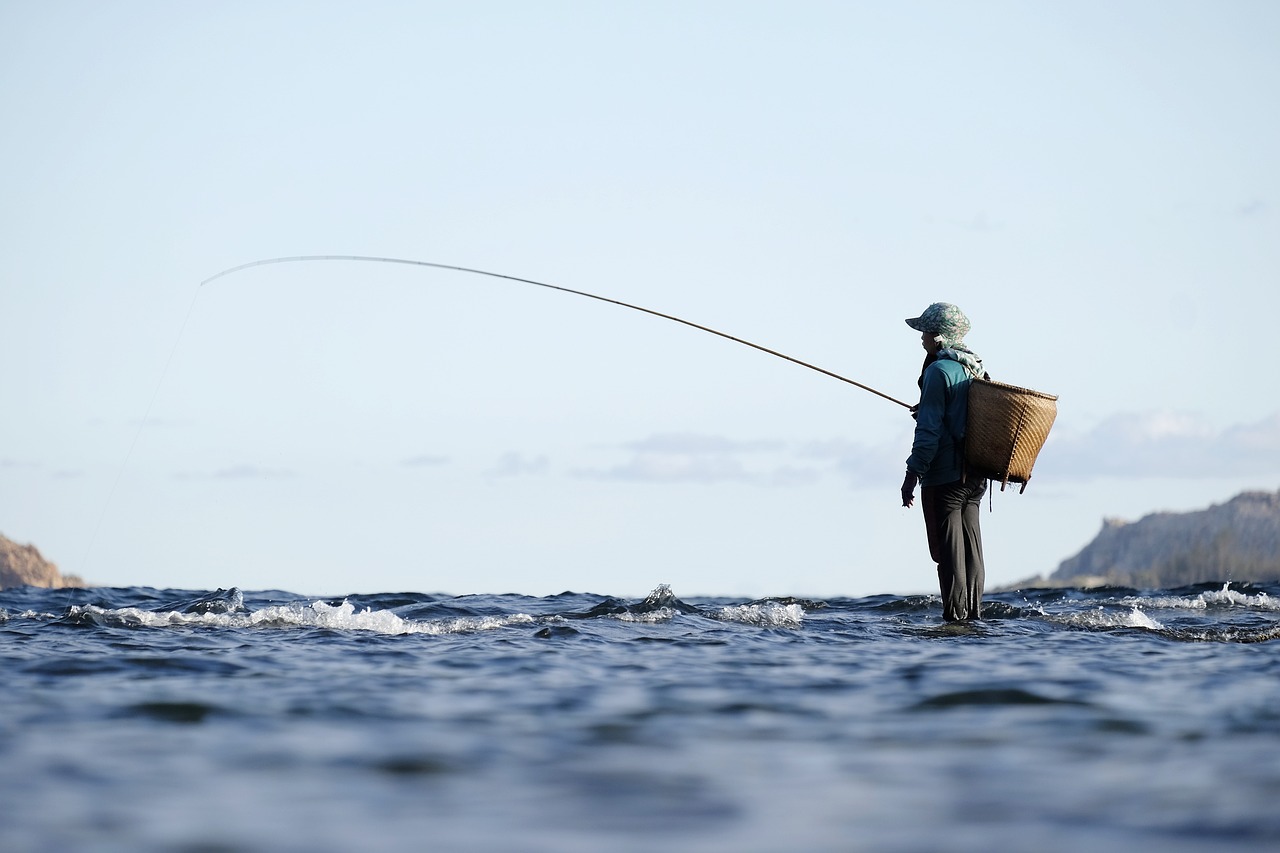
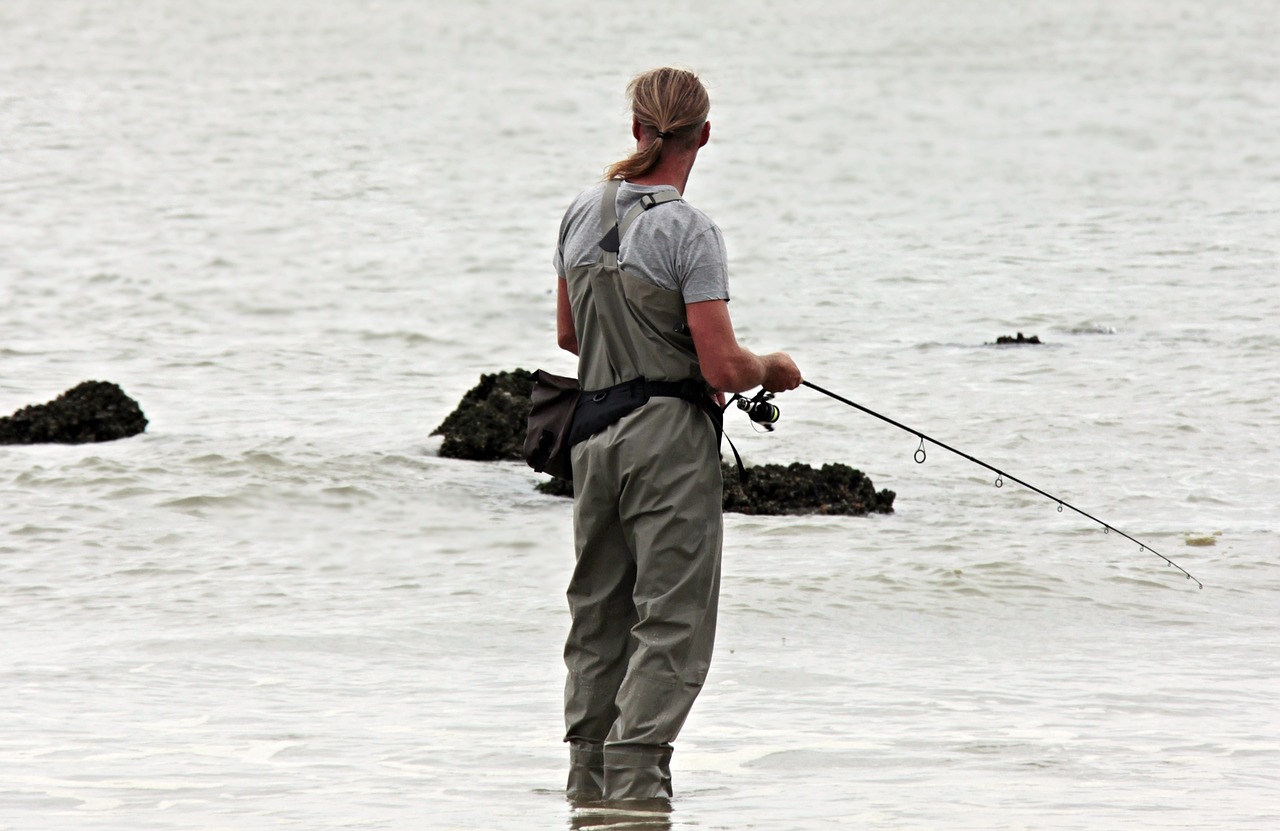
Summer
Fall
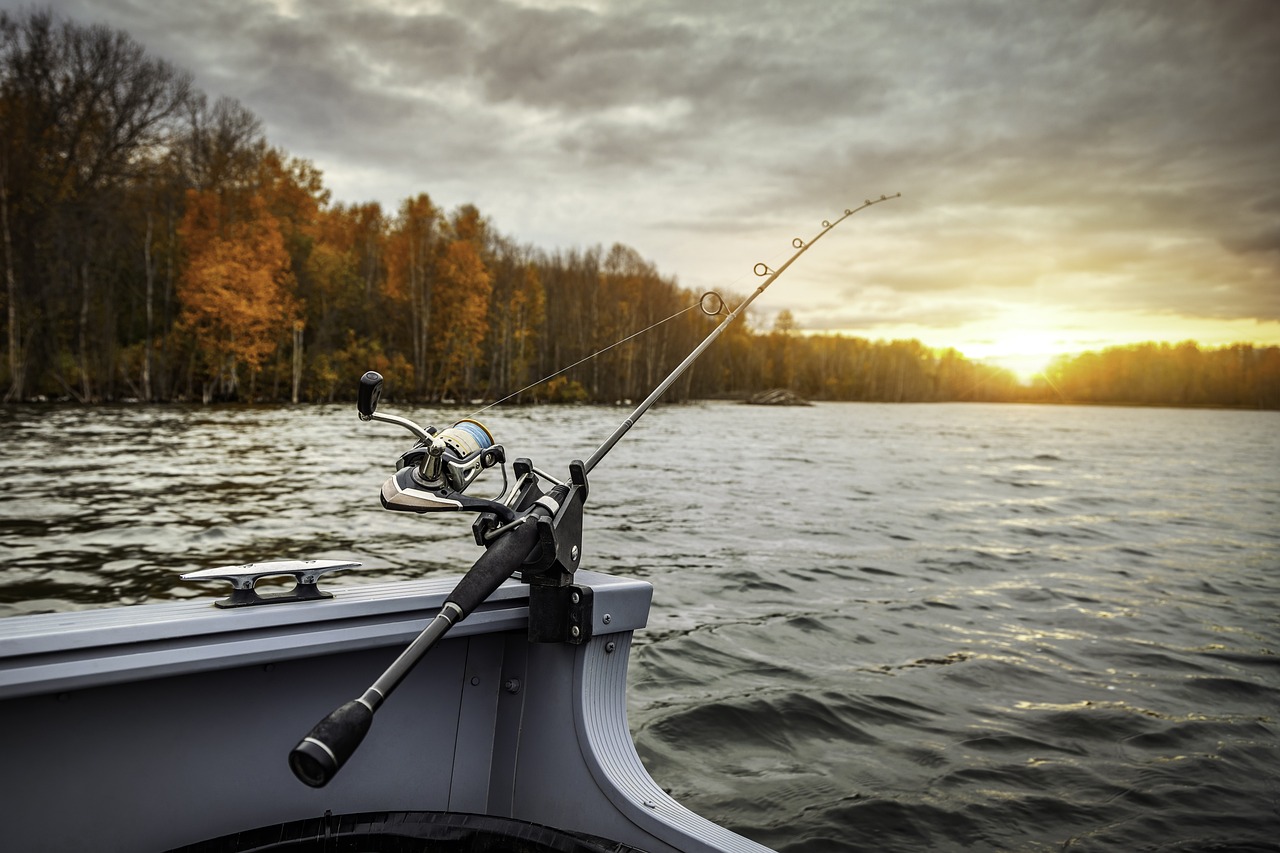
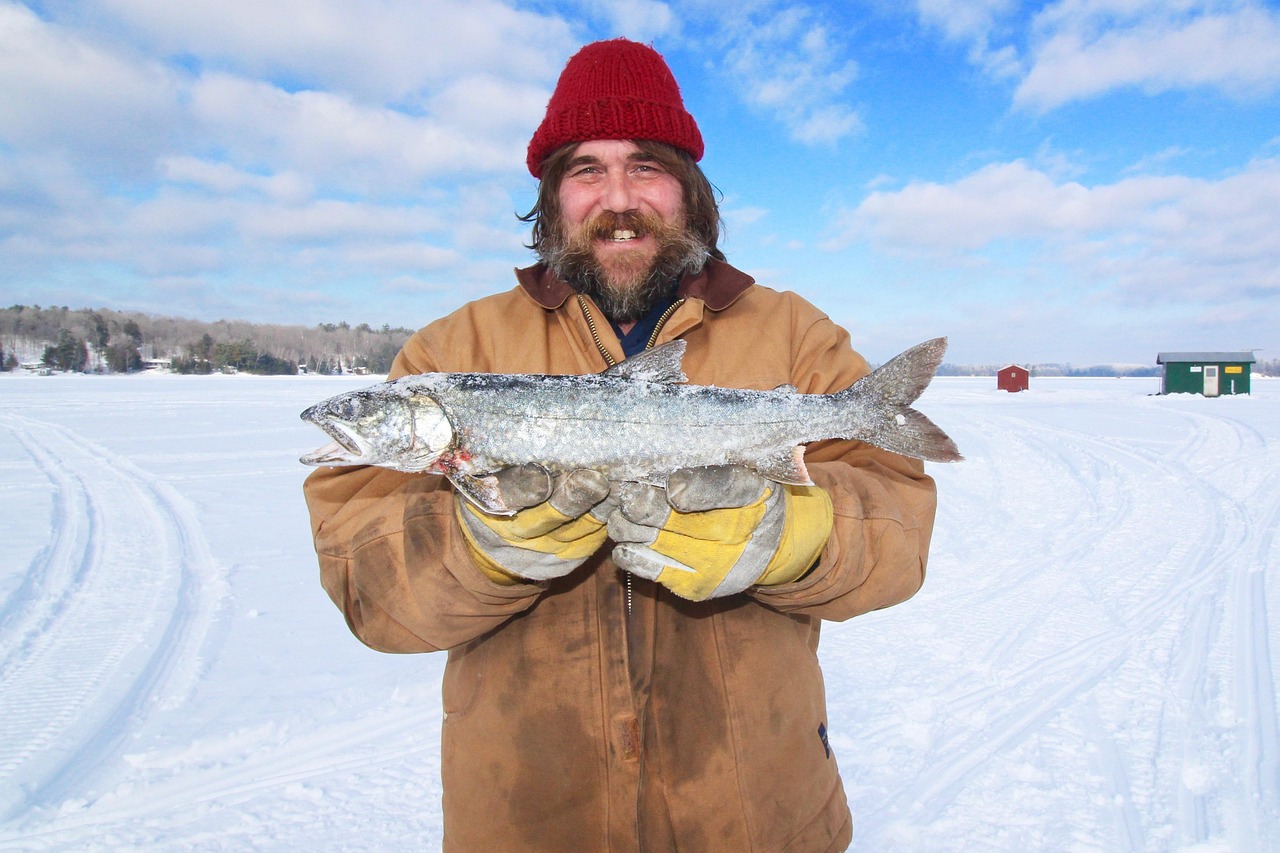
Winter
Latest Tips & Reports
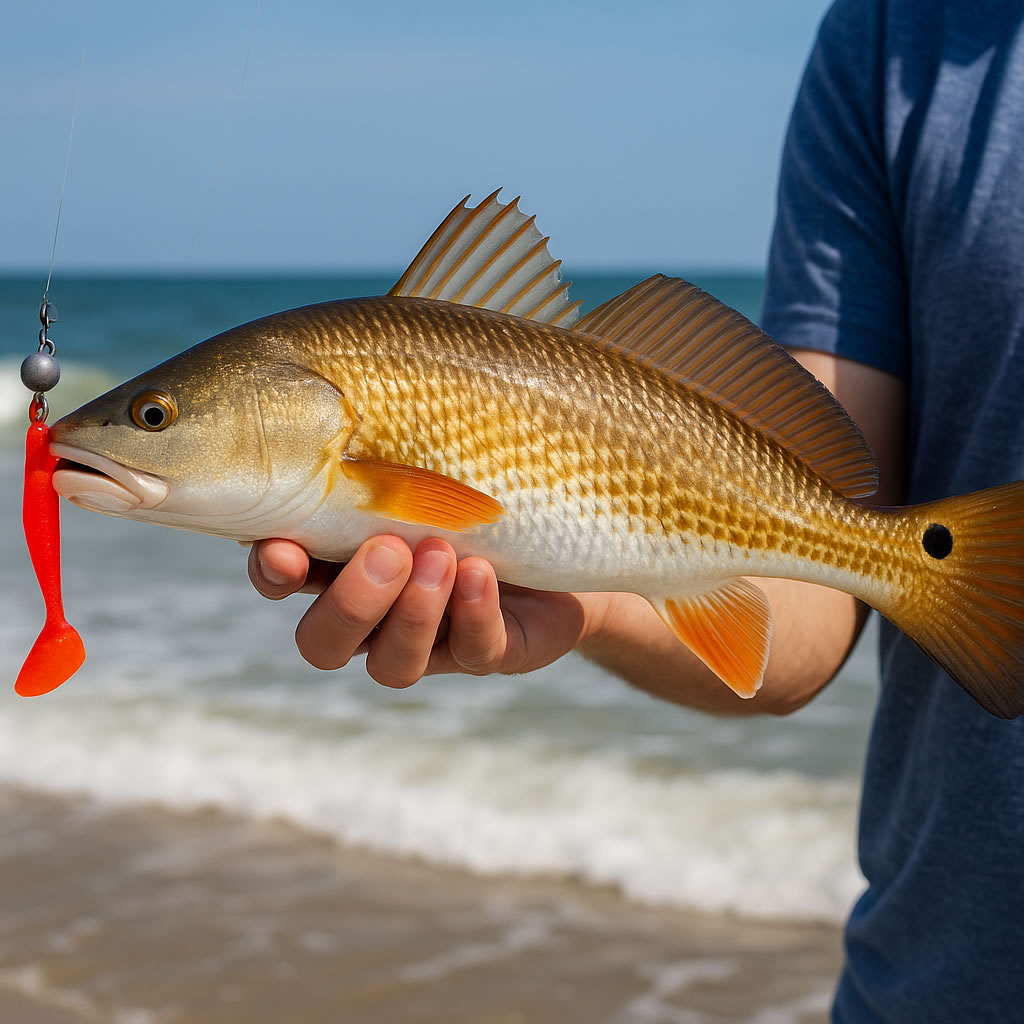
Top Lures for Summer Red Drum in NC Surf
Red drum are cruising the surf zones from Oak Island to Cape Lookout — and the summer heat is pushing them tight to structure. Cut mullet, live shrimp, and Fishbites in sand flea or crab flavor are all drawing strikes. Focus on the incoming tide and fish the edges of sloughs and washouts. A 2-oz sinker and a strong circle hook will keep your bait in the zone. Want more action? Try a popping cork in the shallows on calmer days.
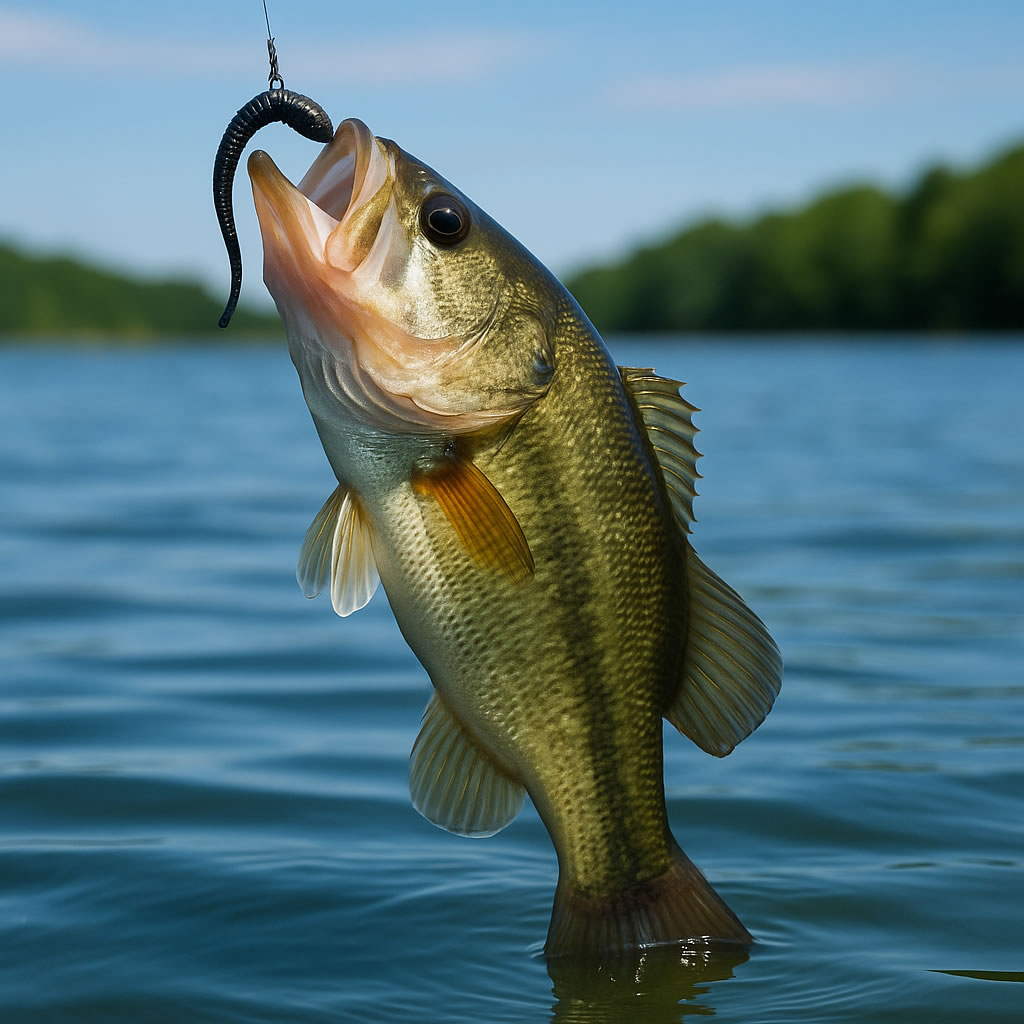
Falls Lake Bass Bite Heating Up – June Update
The early summer bass bite is officially on at Falls Lake. Anglers are reporting consistent action near submerged points and creek channels, especially during low-light hours. Soft plastics like green pumpkin senkos and craw trailers are producing well along the timber edges. Topwater poppers are also getting explosive hits around first light. Water clarity is holding, and surface temps are climbing, which means the bite should continue to improve.
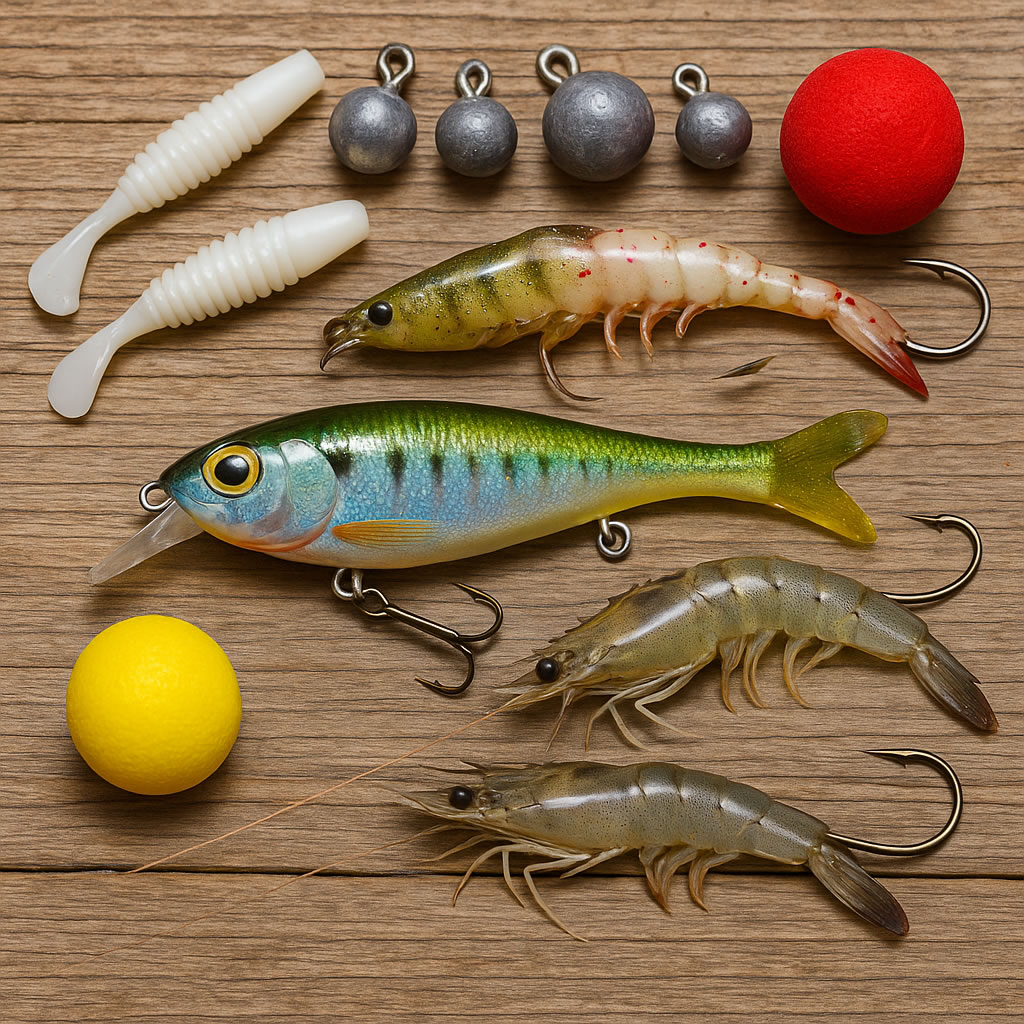
Must-Have Baits for NC Pier Fishing Right Now
Planning a pier trip? Don’t show up empty-handed. Right now, NC piers are seeing action from croaker, spot, Spanish mackerel, and even a few flounder. Bloodworms and shrimp remain the go-to for bottom rigs, while Got-Cha plugs and epoxy jigs are deadly for mackerel in clear water. Fish the mornings or evenings, and bring a rod with a trolley rig for bigger predators if you’re near the end of the pier. This time of year, flexibility equals fish.

